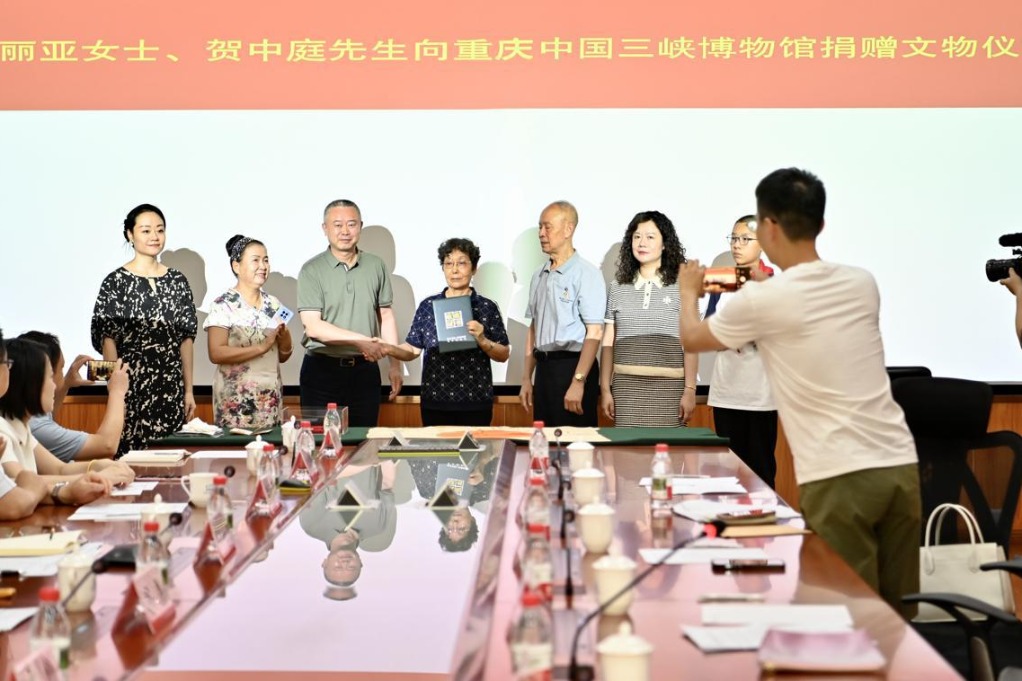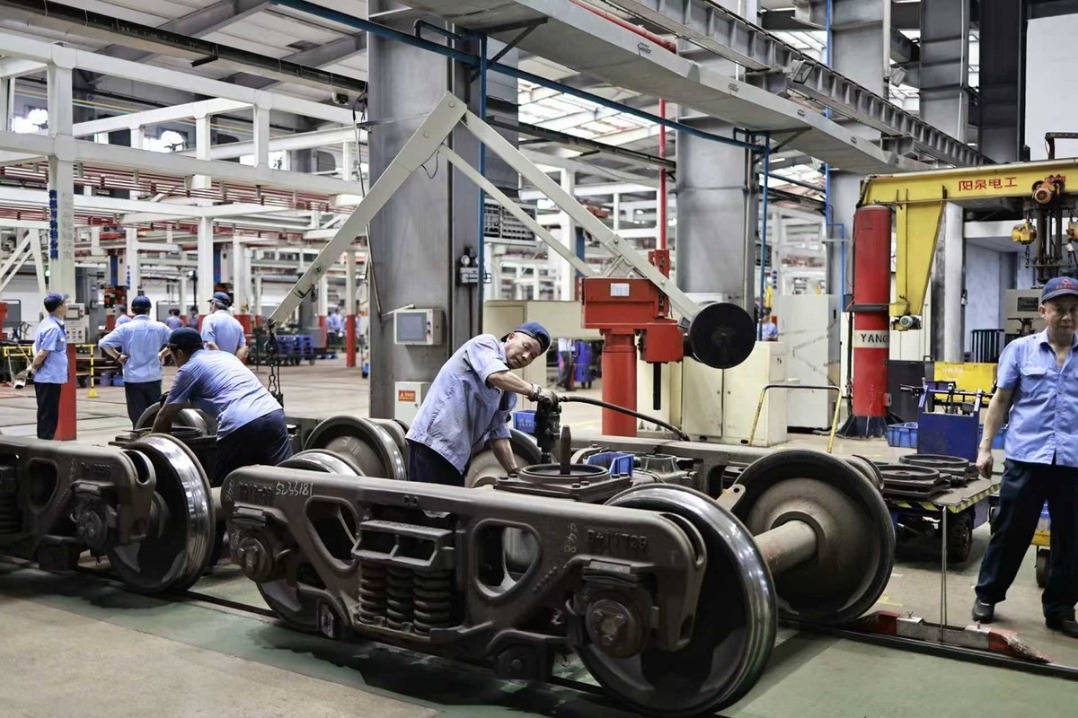Deeper democracy in rural China

HANGZHOU - Wang Wenming turns red and trembles when he talks about how his village used to be.
"Public spaces were privately occupied and garbage was everywhere," he said. "Even the green belts had vegetables growing in them."
Wang, 50, is Communist Party of China (CPC) secretary of Maoyang Village in Wenqiao Township of Wenling City in east China's Zhejiang Province. He speaks proudly in a thick accent about his village's renovation program.
To improve the living environment, the village intended to launch renovation work in 2016, including cleaning up polluted rivers and waste.
However, a majority of residents did not support the proposal at first.
"Why do we have to bother to renovate? A village should be a village," they said, according to Wang.
As with other important topics, Maoyang is obliged to hold democratic consultations to gauge public opinion, and residents should have the final say.
"We could not carry out any program without the approval of most villagers," the secretary said.
Wenling is a city of factories, and wool clothing and car decorations are a specialty. Residents, many of whom own small businesses, are getting richer.
"Several households own assets of more than 100 million yuan (15 million U.S. dollars) each and dozens more have 10 million yuan each," said Chen Miaoqiu, CPC secretary of Wenling's Emeishan Village.
Higher incomes have led to demand for participation in public affairs.
In 1999, the costal city adopted a democratic consultation method, a new form of democracy featuring civic participation and open policies.
Wenqiao Township started promoting this mechanism in 2003 and introduced it to the intra-Party level in 2004.
"Before grassroots consultation, we held a meeting among 63 Party members to listen to their suggestions," Wang Wenming said.
Intra-Party democracy was stressed as the "lifeblood" of the Party at the 16th National Congress of the CPC in 2002.
During the 18th CPC national congress, it was reiterated that the Party must fully expand intra-Party democracy and safeguard the democratic rights of its members.
"Intra-Party democracy could drive people's democracy," said Chen Yimin, deputy chief of Wenling's social sciences association dedicated to the city's democratic consultation mechanism.
Maoyang began its first consultation with villagers after reaching consensus among Party members last September, with much controversy.
"No remarkable progress was made after the first consultation, and we could not carry out the renovation proposal," Wang said.
More than 90 party members and villager deputies, as well as representatives from other sectors, argued fiercely for more than half a day.
After the first meeting, Party members talked frequently with villagers, explaining the need to create a healthy living environment.
"Besides persuasion, Party members also took the lead in neighborhood renovation, cleaning roads and sorting garbage," the secretary said.
Gradually, most villagers realized the importance and urgency of the program, making the second democratic meeting a success with most participants giving their approval.
Two more consultations were held on the renovation program, which was completed in June and won huge praise.
"Clean and tidy, our neighborhood has taken on an entirely new look, and everyone is glad about the decision they made," Wang said.
China stresses that the people's democracy is the lifeblood of socialism, and the principle of the people as masters of the country is the essence and core of socialist democracy.
This idea rules China's political and social life. Socialist democracy with Chinese characteristics has a solid foundation of public opinion, which highlights the people's interests and aspirations.
Democratic consultation proves effective in achieving public democracy at China's grassroots level, according to Chen Yimin.
"Most consultations can yield agreements," said Yang Xinbing, a retired township CPC committee member in charge of organizational work. "It signifies respect for every citizen."
- Spokeswoman: Separatism doomed to fail
- Asia's longest tyrannosaur femur fossil identified in East China
- Railway group expresses condolences and vows probe after accident kills 12
- Media center for victory anniversary events to open on Aug 27
- Rabbits and cavies in spotlight at Shanghai Pet Fair Asia
- Over 800m railway journeys made during China's 2025 summer travel rush





































